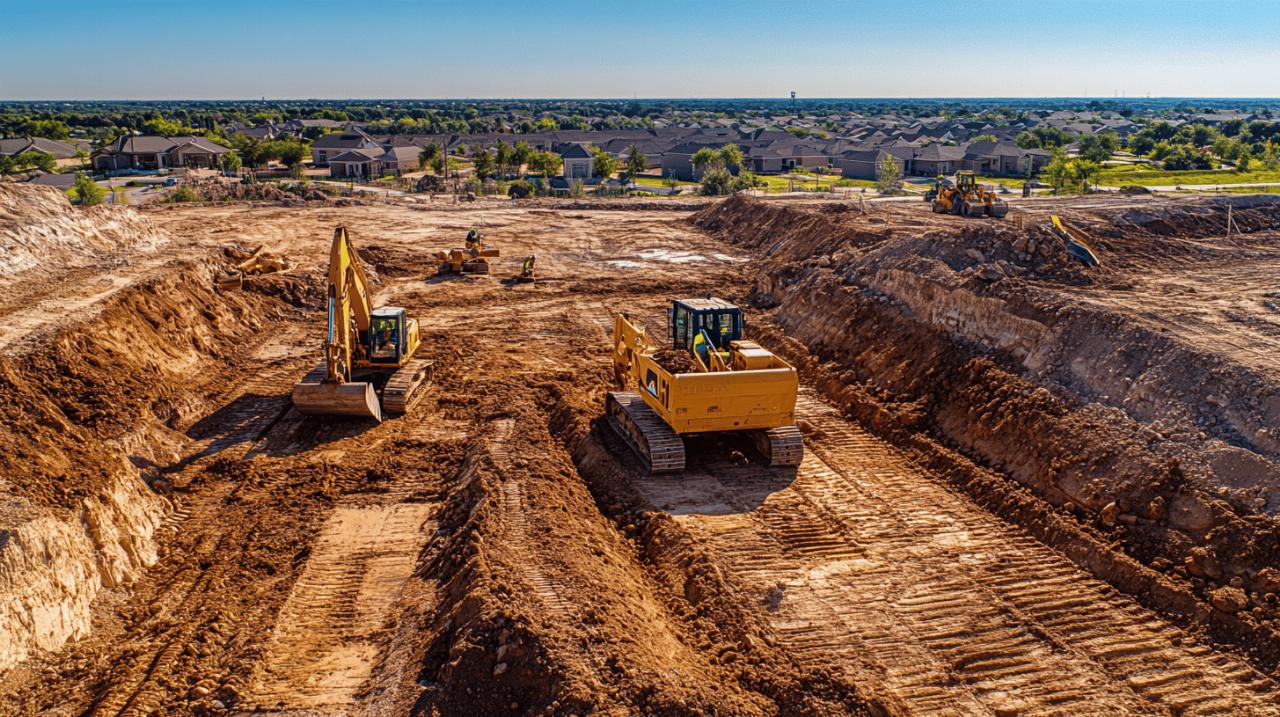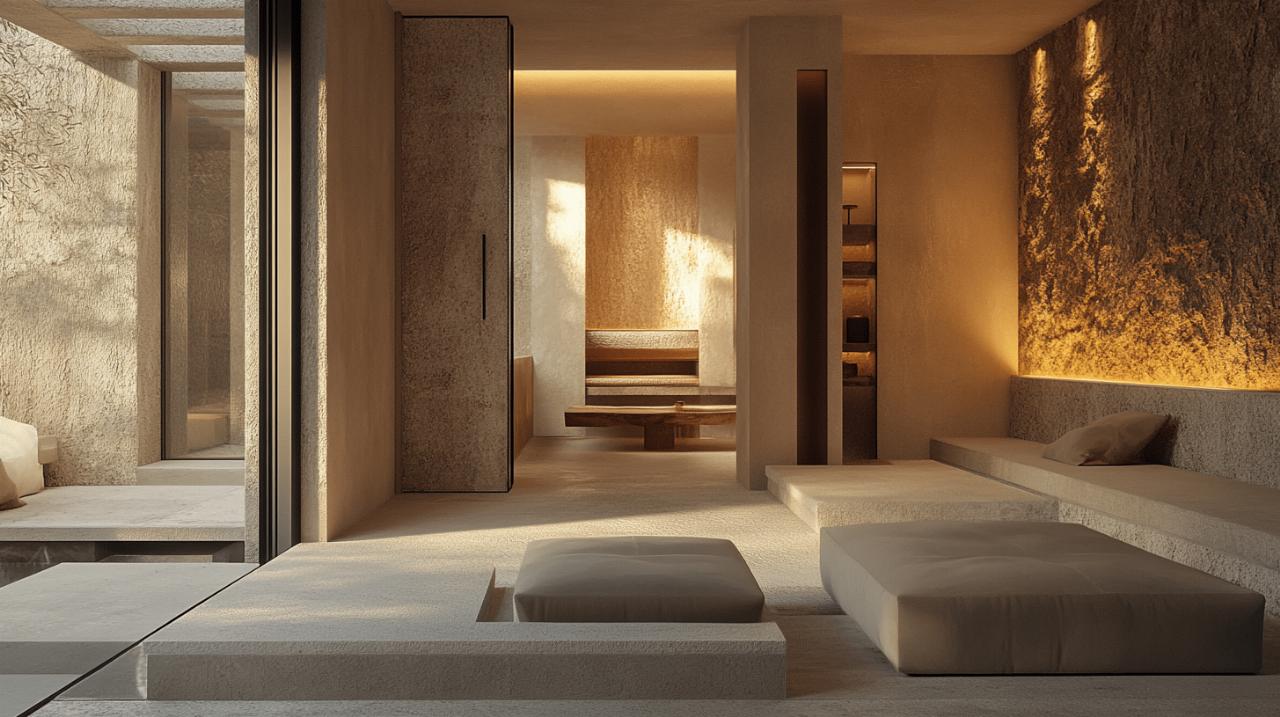Searching for a flat in Paris can feel like navigating a labyrinth of listings and legalities, but with the right approach, you can transform this daunting task into an exciting journey toward settling into the heart of one of the world's most captivating cities. Whether you're a student chasing academic dreams or a professional seeking a fresh start, understanding the nuances of the Parisian property market is your first step toward finding a place that truly feels like home.
Navigating the Parisian Property Market: Where to Begin Your Flat Hunt
Understanding the Immobilier Landscape and Online Annonces
The Parisian property market operates at a pace that can catch newcomers off guard, particularly during peak seasons such as summer, September, and January when competition intensifies. To begin your search effectively, familiarising yourself with the various online platforms that host property listings is essential. Websites such as Seloger, Leboncoin, PAP.fr, and Jinka serve as primary hubs where landlords and agencies post their available accommodations. Each platform has its own character and user base, so exploring multiple sites increases your chances of discovering a suitable flat. Many expats also turn to Facebook groups dedicated to housing in Paris, where listings appear alongside advice from fellow residents who have already navigated the challenges of securing accommodation. These digital resources offer a window into current rental prices and neighbourhood trends, helping you gauge what to expect before scheduling viewings.
Utilising Social Networks and Word of Mouth for Hidden Gems
While online adverts provide a solid foundation for your search, some of the best opportunities in Paris emerge through personal connections and community networks. Engaging with local expat groups, such as those found on social media platforms like Expats in Paris or Les Nouveaux Parisiens, can lead to recommendations and insider knowledge about properties that never appear on mainstream listings. Coworking spaces including WeWork, Anticafé, and Hubsy not only provide flexible working environments but also serve as networking hubs where you might hear about available flats through casual conversations. Word of mouth remains a surprisingly powerful tool in a city where relationships and trust often dictate the success of a rental application. By immersing yourself in these communities early, you position yourself to hear about opportunities before they reach the wider market, giving you a crucial advantage in a competitive landscape.
Preparing your dossier: what parisian landlords expect from tenants
Essential Documents: From Proof of Identity to Income Verification
Parisian landlords approach tenant selection with meticulous attention to detail, requiring a comprehensive dossier that demonstrates your reliability and financial stability. At the core of any application lies proof of identity, typically a passport or national identification card, which establishes your legal status. Alongside this, you must provide evidence of income through recent payslips, tax assessments, or employment contracts that confirm your ability to meet monthly rent obligations. Many landlords expect your income to be at least three times the monthly rent, a standard that reflects the competitive nature of the market. Previous rental receipts and references from former landlords further strengthen your application by showcasing your history as a responsible tenant. Organising these documents neatly and translating them into French where necessary demonstrates professionalism and respect for local customs, significantly improving your chances of success.
The Role of Guarantors and Special Considerations for Students
For students and young professionals without established income histories in France, the role of a guarantor becomes particularly important. A guarantor acts as a financial safety net for landlords, promising to cover rent should the tenant default. This person typically needs to demonstrate substantial income and provide their own documentation, including tax returns and proof of address. Students pursuing academic opportunities in Paris may face additional scrutiny, as their income sources often differ from traditional employment. In such cases, universities sometimes offer institutional guarantees, or families abroad may serve as guarantors. The application process can feel invasive, but understanding that landlords seek reassurance rather than creating barriers helps maintain perspective. Some specialised agencies work exclusively with expats and students, offering tailored support that accounts for unique circumstances and helping bridge the gap between foreign applicants and French property owners.
Decoding Rental Terms: Understanding Loyer, Charges, and Furnished vs Unfurnished Options
What's Included in Your Monthly Rent and Hidden Costs to Watch For
 When reviewing rental listings, the advertised price often represents the base rent, known as loyer, but your actual monthly outlay extends beyond this figure. Building charges, or charges, typically cover communal services such as cleaning, maintenance of common areas, and sometimes heating. Water and electricity may or may not be included, so clarifying these details during initial enquiries prevents unwelcome surprises. Studio flats in central Paris can range from eight hundred to one thousand five hundred euros monthly, while one-bedroom apartments stretch from one thousand two hundred to two thousand five hundred euros depending on location and condition. Budgeting an additional seventy to one hundred euros for utilities ensures you account for the full cost of maintaining your new home. Some landlords also require tenants to hold personal insurance covering damage and liability, adding another layer to monthly expenses that must factor into your overall financial planning.
When reviewing rental listings, the advertised price often represents the base rent, known as loyer, but your actual monthly outlay extends beyond this figure. Building charges, or charges, typically cover communal services such as cleaning, maintenance of common areas, and sometimes heating. Water and electricity may or may not be included, so clarifying these details during initial enquiries prevents unwelcome surprises. Studio flats in central Paris can range from eight hundred to one thousand five hundred euros monthly, while one-bedroom apartments stretch from one thousand two hundred to two thousand five hundred euros depending on location and condition. Budgeting an additional seventy to one hundred euros for utilities ensures you account for the full cost of maintaining your new home. Some landlords also require tenants to hold personal insurance covering damage and liability, adding another layer to monthly expenses that must factor into your overall financial planning.
Choosing between meublé and non-meublé accommodation
The distinction between furnished and unfurnished properties in Paris carries implications beyond mere convenience. Furnished flats, described as meublé or meublée, typically include essential furniture, kitchen equipment, and sometimes even linens, making them particularly attractive to newcomers who lack household goods. These properties often command higher rents but offer immediate habitability, which proves invaluable for those arriving from abroad with limited luggage. Unfurnished options, known as non-meublé, provide blank canvases for personalisation but require significant upfront investment in furniture and appliances. Lease terms also differ between the two categories, with furnished rentals often requiring shorter minimum commitments, offering flexibility for those uncertain about long-term plans. Weighing the convenience of ready-to-live spaces against the potential cost savings and personalisation opportunities of unfurnished flats depends largely on your circumstances, budget, and how long you intend to remain in Paris.
Making the Final Decision: Viewing Properties and Securing Your Parisian Home
Essential checks during property viewings: lifts, dampness, and floor levels
Attending property viewings in person allows you to assess details that photographs and descriptions cannot convey. Pay particular attention to the floor level, or étage, especially in older Parisian buildings where lifts may be absent or unreliable. Climbing several flights of stairs daily becomes a significant consideration, particularly if you plan to carry groceries or luggage regularly. Inspect walls and ceilings for signs of dampness, which can indicate underlying maintenance issues that landlords may be reluctant to address. Natural light availability varies dramatically depending on the flat's orientation and surrounding buildings, affecting both mood and electricity costs. Testing water pressure, examining heating systems, and checking window quality help you understand the property's condition beyond its aesthetic appeal. Arriving with a mental checklist ensures you cover all practical concerns while the space is available for inspection, preventing regrets after signing the lease.
Sorting out insurance requirements and trusting your instincts
Before finalising your rental agreement, securing appropriate insurance is not merely advisable but often mandatory under French law. This coverage protects both you and the landlord against unforeseen events such as fire, water damage, or accidental harm to the property. Policies vary in scope and cost, but basic tenant insurance typically runs around ten to twenty euros monthly, a modest investment for significant peace of mind. Beyond paperwork and practicalities, trusting your instincts during the decision-making process serves as an invaluable guide. If a landlord seems evasive when answering questions or if the property feels wrong despite ticking practical boxes, stepping away demonstrates wisdom rather than weakness. The relationship between tenant and landlord forms the foundation of your living experience, so ensuring mutual respect and clear communication from the outset sets the stage for a positive tenure. With thorough preparation, strategic searching, and attention to both concrete details and intuitive feelings, finding your ideal Parisian home transforms from an overwhelming challenge into an achievable goal that opens the door to all the richness this extraordinary city has to offer.





